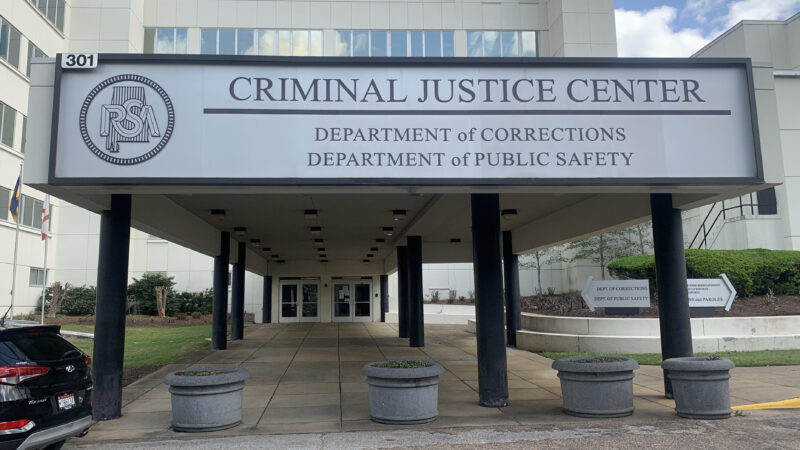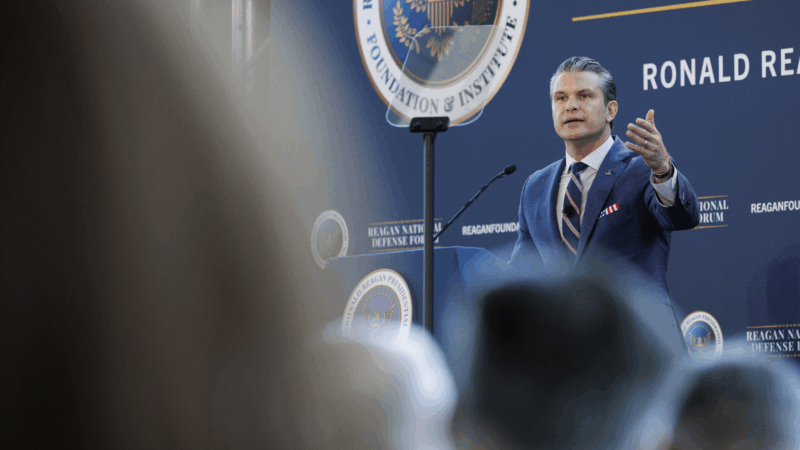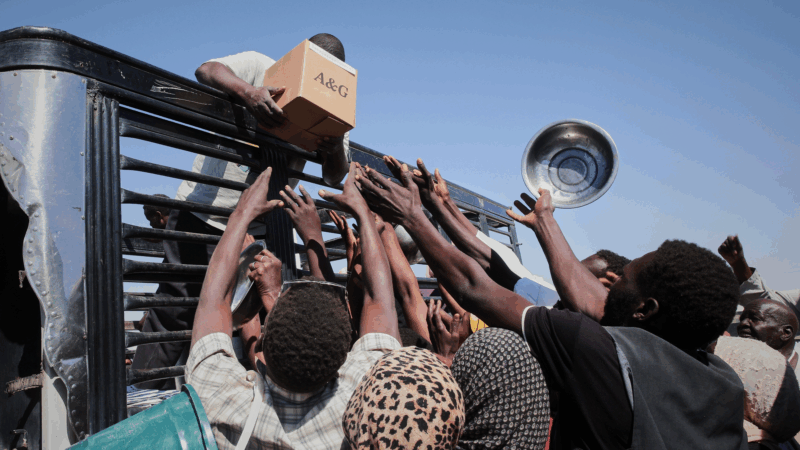Prisoners’ bodies returned to families without heart, other organs, lawsuit alleges
BIRMINGHAM, Ala. (AP) — The bodies of two men who died while incarcerated in Alabama’s prison system were missing their hearts or other organs when returned to their families, a federal lawsuit alleges.
The family of Brandon Clay Dotson, who died in a state prison in November, filed a federal lawsuit last month against the Alabama Department of Corrections and others saying his body was decomposing and his heart was missing when his remains were returned to his family.
In a court filing in the case last week, the daughter of Charles Edward Singleton, another deceased inmate, said her father’s body was missing all of his internal organs when it was returned in 2021.
Lauren Faraino, an attorney representing Dotson’s family, said via email Wednesday that the experience of multiple families shows this is “absolutely part of a pattern.”
The Associated Press sent an email seeking comment late Wednesday afternoon to the Alabama Department of Corrections.
Dotson, 43, was found dead on Nov. 16 at Ventress Correctional Facility. His family, suspecting foul play was involved in his death, hired a pathologist to do a second autopsy and discovered his heart was missing, according to the lawsuit. His family filed a lawsuit seeking to find out why his heart was removed and to have it returned to them.
“Defendants’ outrageous and inexcusable mishandling of the deceased’s body amounts to a reprehensible violation of human dignity and common decency,” the lawsuit states, adding that “their appalling misconduct is nothing short of grave robbery and mutilation.”
Dotson’s family, while seeking information about what happened to his heart, discovered that other families had similar experiences, Faraino said.
The situation involving Singleton’s body is mentioned in court documents filed by Dotson’s family last week. In the documents, the inmate’s daughter Charlene Drake writes that a funeral home told her that her father’s body was brought to it “with no internal organs” after his death while incarcerated in 2021.
She wrote that the funeral director told her that “normally the organs are in a bag placed back in the body after an autopsy, but Charles had been brought to the funeral home with no internal organs.” The court filing was first reported by WBMA.
A federal judge held a hearing in the Dotson case last week. Al.com reported that the hearing provided no answers to the location of the heart.
The lawsuit filed by Dotson’s family contended that the heart might have been retained during a state autopsy with intent to give it to the medical school at the University of Alabama at Birmingham for research purposes.
Attorneys for the university said that was “bald speculation” and wrote in a court filing that the university did not perform the autopsy and never received any of Dotson’s organs.
Light from satellites will ruin majority of some space telescope images, study says
Astronomers have long been concerned about reflections from satellites showing up in images taken by telescopes and other scientific instruments.
Defense Department is reviewing boat strike video for possible release, Hegseth says
In a speech on Saturday, Defense Secretary Pete Hegseth defended the strikes, saying: "President Trump can and will take decisive military action as he sees fit to defend our nation's interests."
Bama, Miami in, Notre Dame out and Indiana No. 1 in College Football Playoff rankings
Nobody paying attention for the past 24 months would be surprised to see Indiana – yes, Indiana – leading the way into this year's College Football Playoff.
McLaren’s Lando Norris wins first F1 title at season-ending Abu Dhabi Grand Prix
Red Bull driver and defending champion Max Verstappen won the race with Norris placing third, which allowed Norris to finish two points ahead of Verstappen in the season-long standings.
A ban on feeding pigeons ruffles lots of feathers in Mumbai
The pigeon population has exploded — a result of people feeding the birds. For some it's a holy duty and a way to connect to nature. Critics point to health risks tied to exposure to pigeon droppings.
UN humanitarian chief: world needs to ‘wake up’ and help stop violence in Sudan
The UN's top humanitarian and emergency relief official has told NPR that the lack of attention from world leaders to the war in Sudan is the "billion dollar question".








